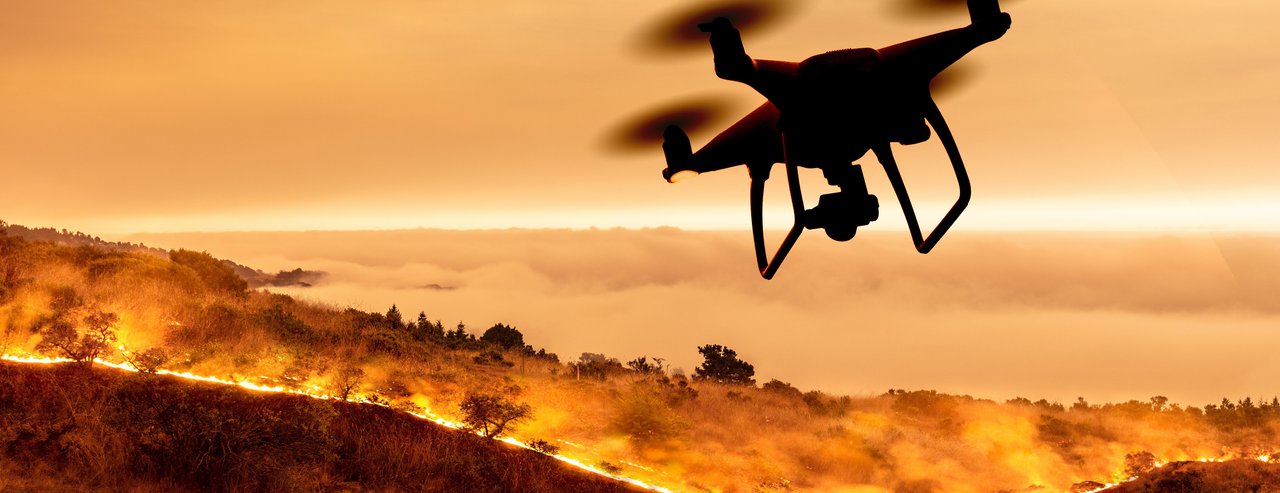Polish start-ups create technologies to combat climate change
Long periods of drought, fires, short but very heavy rainfall causing flash floods, record-breaking heat, hurricane winds or drying sources of drinking water - all these are the effects of the ongoing climate change, which, according to the report of the Intergovernmental Panel on Climate Change (IPCC) now affects up to 3.6 billion people around the world. These threats will not avoid Poland either, and they are particularly risky for farmers. How can technological developments help mitigate effects of climate change?
Fire detection - SmokeD
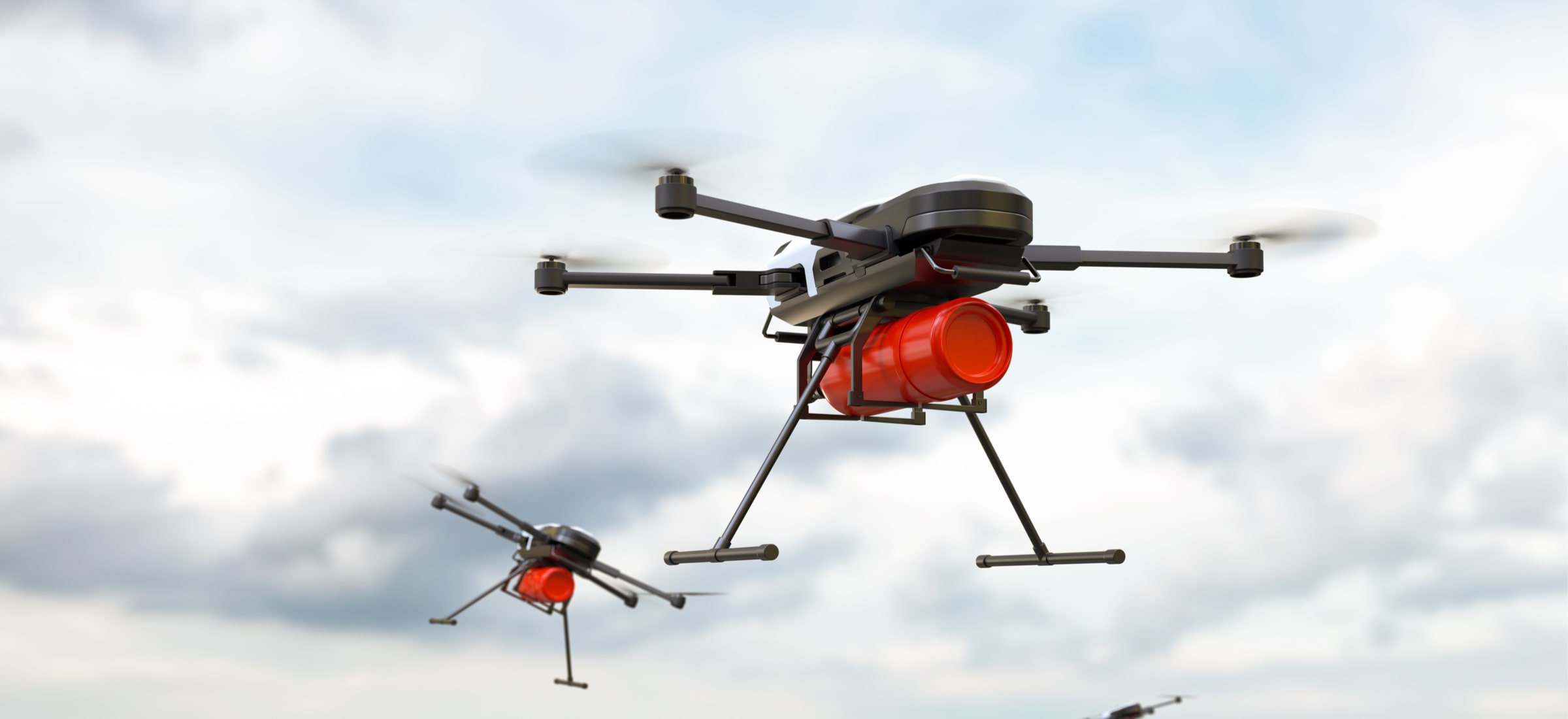
Only in Poland this year, fires consumed over 600,000 hectares of forest by mid-August. Historically, fire detection was carried out by people designated for this purpose in the forest inspectorate, who, working on high masts, used binoculars to observe significant areas of the forest in search of smoke. Then technology began to enter the game, rotating cameras were placed on the masts, and the operators moved to the ground. This solution also had its limitations, because people were not able to stare at the screen for 8 hours looking for small signs of smoke. The monitors tires one’s eyes and after only 15 minutes, the employee's performance significantly decreases.
The answer to these problems – using artificial intelligence and algorithms - was developed by the Polish SmokeD team. It is an innovative system supporting tasks of forest inspectorates and regional crisis management centres, as well as landfills or other places at risk of fire, in a quick response to the emerging threat. It uses advanced technology, consisting of specialized drones, cameras, sensor networks, applications, algorithms and artificial intelligence - all tied together in one system, which allows you to automatically monitor large areas of forests and, in the event of a suspected fire, notify and transfer control to the supervisor. The system also allows for the exchange of information and reports on fires between forest inspectorates and crisis management centres.
The monitoring created by SmokeD already helps to reduce risks in more than one third of the area of Polish forests threatened by fire. It is also used in landfills or other places where there is a high risk of fire.
The SmokeD team does not intend to stop in Poland and is already working on foreign expansion. Their solutions are already used in Canada, the United States, Lithuania, South Africa, France, Brazil and many other places in the world. They focus on international development and become leaders in their field, without slowing down for a moment. In July, the company obtained financing of PLN 10 million for the EEC Magenta, which is to be used to further develop the system for the early detection of forest fires and to increase the sales team and further conquer the markets of North America.
Preventing crop damage - Agronet PRO
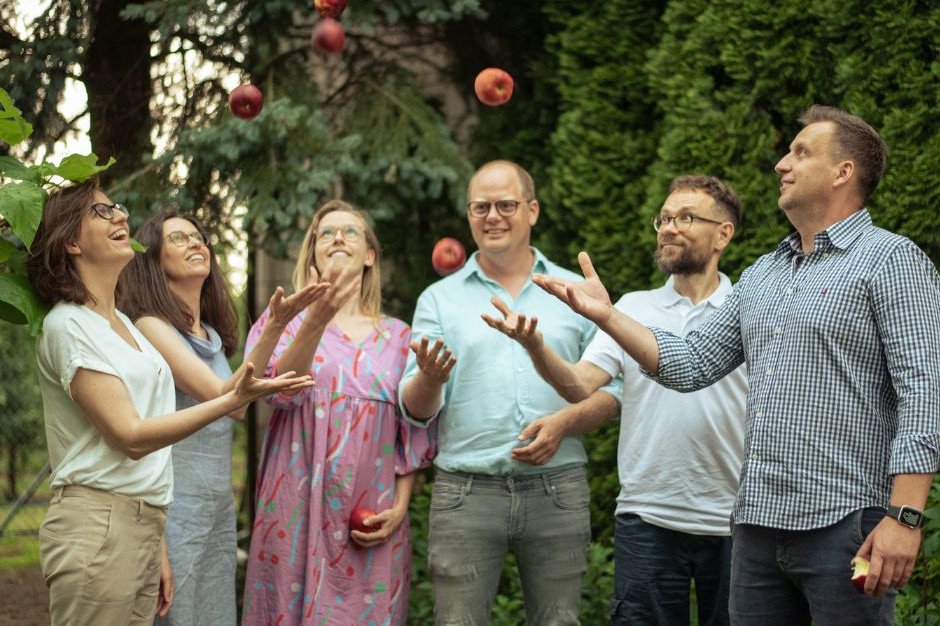
Agronet PRO wants to prevent the effects of extreme weather phenomena and damage they may cause to crops. The team is developing an easy-to-use application that will enable real-time monitoring of crop condition. In addition to the app, Agronet PRO also uses sensors that the user connects to the phone and places in the field, without the need for any additional calibration. The device will warn users about impending frosts, droughts, pests, but it may also monitor in conditions – including the condition of ethylene, O2, CO2 – in warehouses or granaries.
Agronet PRO allows monitoring the situation of crops, and above all the current and predicted meteorological situation, which will enable a response to a sudden weather changes. The app also includes maps and charts for monitoring crop yields, and allows you to set notifications and alerts, compare historical data, and draw conclusions from them. The device has its own LoRaWAN network, so that the client does not need any additional SIM card for the sensors or WiFi connection.
The sensor startup was supported by an investment by the French Albatros Group, which includes RIMpro or Tellusia, as well as a private investor Stefan Sikora – known in the industry for his contribution to the development of sustainable agriculture. In addition, the Wrocław venture capital fund Unfold.vc will invest over PLN 1 million in the development of the company, thus expanding its investment portfolio by the AgriTech sector.
Desalination and purification of water - Nanoseen
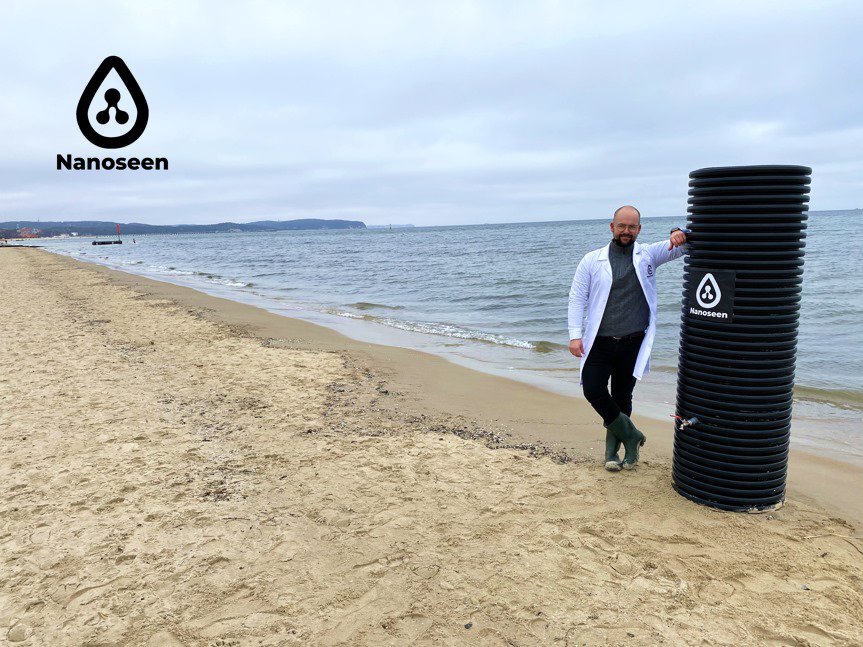
Another threat posed by climate change is the increase of risks of drought and the resulting shortages of drinking water. The Nanoseen team has devised a revolutionary response to this problem, using nanotechnology. Their device, using membranes created by the company, allows for cleaning or desalination of water without the need to use any energy or high pressure in the process. NANOSEENX – Desalination and water purification nano-membranes turn saltwater or sewage into clean drinking water within 2 minutes.
- Our nanotechnology will provide access to drinking water for all people in the world. It is the first and only solution globally using the process of simple filtration, which uses gravitational flow, and therefore does not require access to energy or pressure. Our solution is easily scalable, extremely ecological, reduces the negative impact on the environment, does not cause CO2 emissions and does not require large areas and large investments compared to the technologies used in large water desalination plants - says Bartosz Kruszka, CEO of Nanoseen.
Start-up has been operating since 2020 and in the first year of its operation it collected 450 thousand dollars of financing. This year, the company was awarded the title of Polish Product of the Future in a competition organized by PARP. The company also participates in the NASA's Deep Space Food Challenge, which is designed to help develop plants in space. Their product created for the occasion, NanoboosteX powder allows you to increase the high yield of the plant after one application.
- Use of NanoboosteX powder significantly reduces production costs, electricity and water consumption compared to the costs of producing currently used fertilisers or plant protection products - says Kruszka. He emphasizes that the powder is suitable for many plant species, it is biodegradable and environmentally friendly.
Environmentally safe cooling - Dynamic Air Cooling
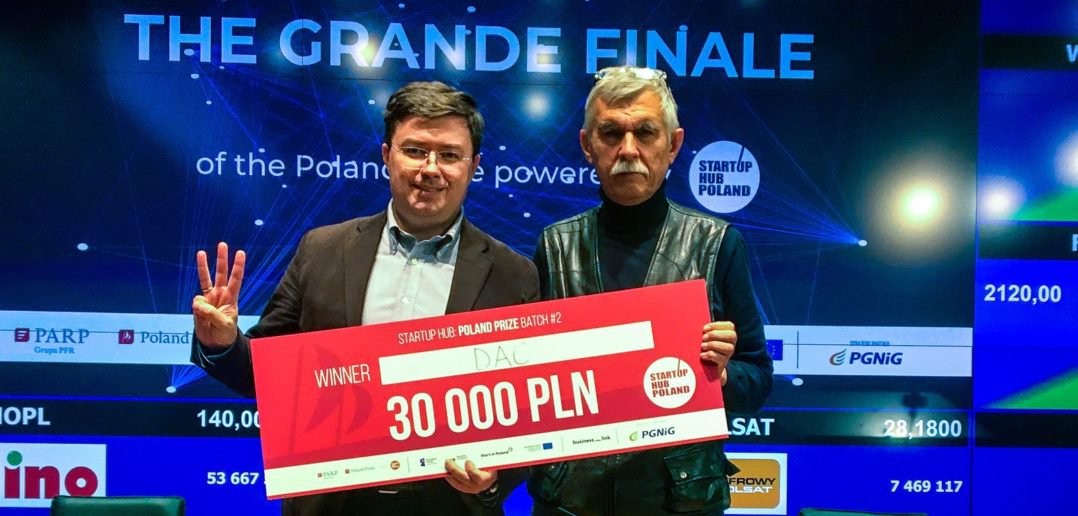
Increasingly frequent – also in Poland – heat waves increase demand for cooling systems. Currently employed technologies, however, use environmentally dangerous freon. Dynamic Air Cooling (DAC) has developed a system that physically lowers temperature, but does so without using environmentally hazardous methods and does not cause thermal emissions. This technology is good to use in both commercial, industrial and residential applications.
The DAC uses ordinary air for cooling instead of traditionally used hydrofluorocarbons. In DAC-based cooling, energy is removed from the air and then converted into electricity to power the appliance, making it 30% more energy efficient than a traditional air conditioning/cooling system with steam compression. The DAC cooling process does not generate thermal emissions and thus eliminates one of the largest sources of global warming. Due to its simpler design and smaller size, the production costs of DAC air conditioners can be 30% lower compared to traditional hydrofluorocarbon units with similar cooling capacity.
The Dynamic Air Cooling team won this year's edition of the Huawei Startup Challenge, thus winning the main prize in the amount of PLN 100,000.
- We all have air conditioning or a fridge. Using these devices every day, we produce emissions. Freons contained in these devices penetrate the environment and cause global warming. In the United States, more energy is already being used to cool buildings than Africa uses as a whole. This shows the scale of the problem that we are not talking about at all. We are talking about coal, electrification of cars, hydrogen – these are very important topics, but there is another important topic - cooling – said Pavel Panasjuk, President of the Management Board of Dynamic Air Cooling, commenting on the team's win in the competition. - By mid-century, we will produce 27% of global emissions through cooling. Our solution allows you to reduce emissions caused by refrigeration and air conditioning by 50%. This is exactly half a degree Celsius in terms of global climate change - he added.



